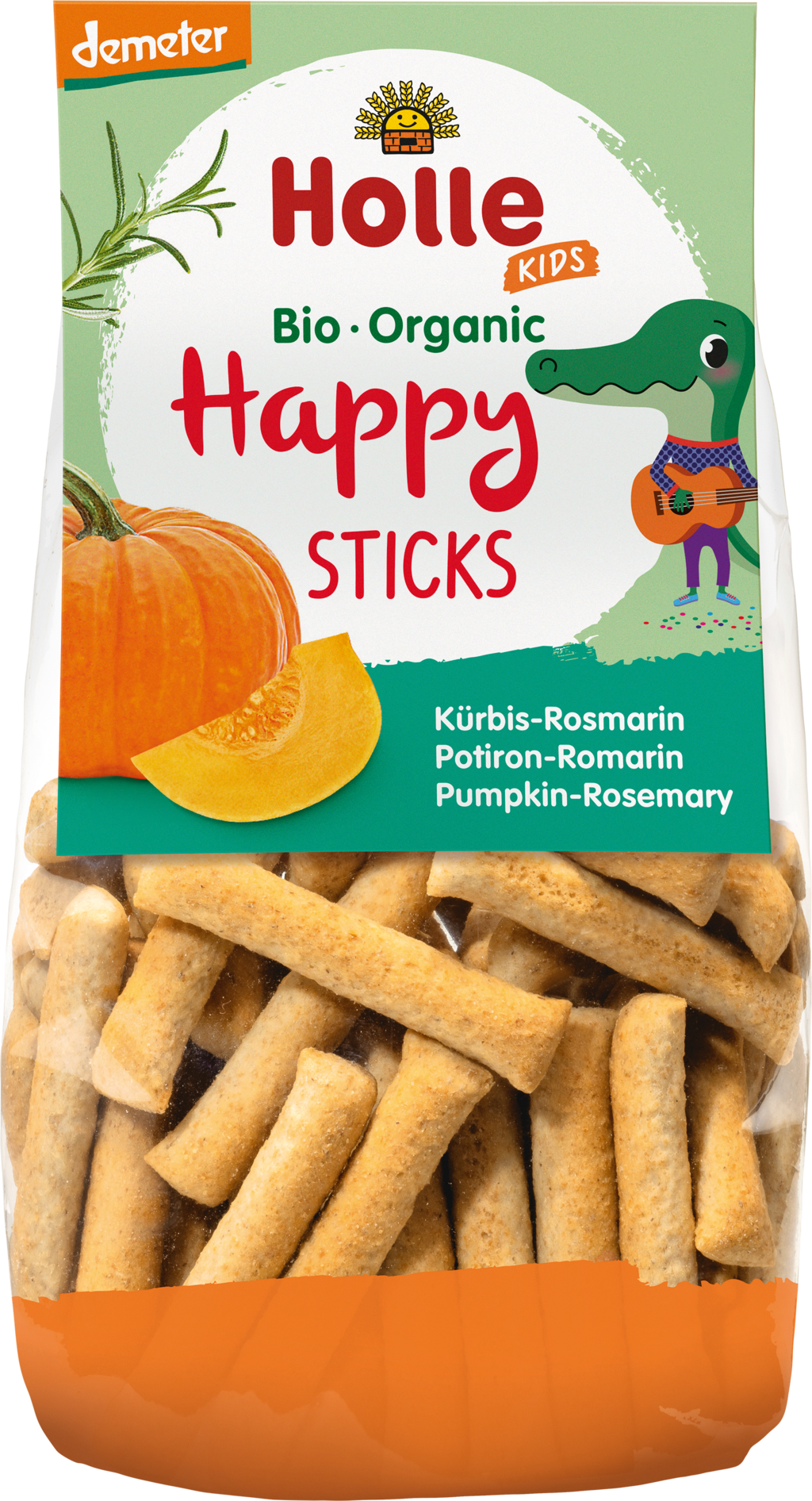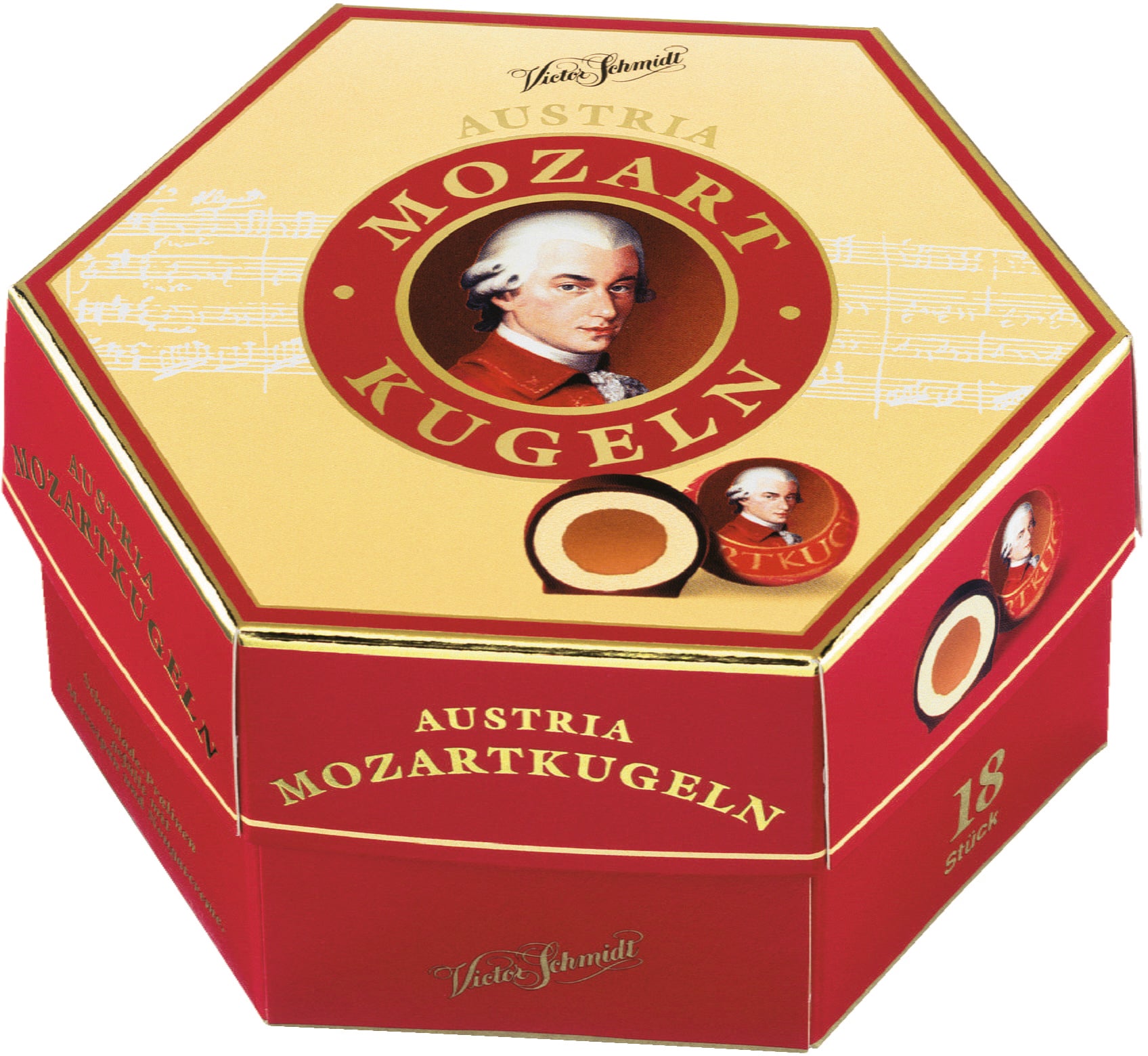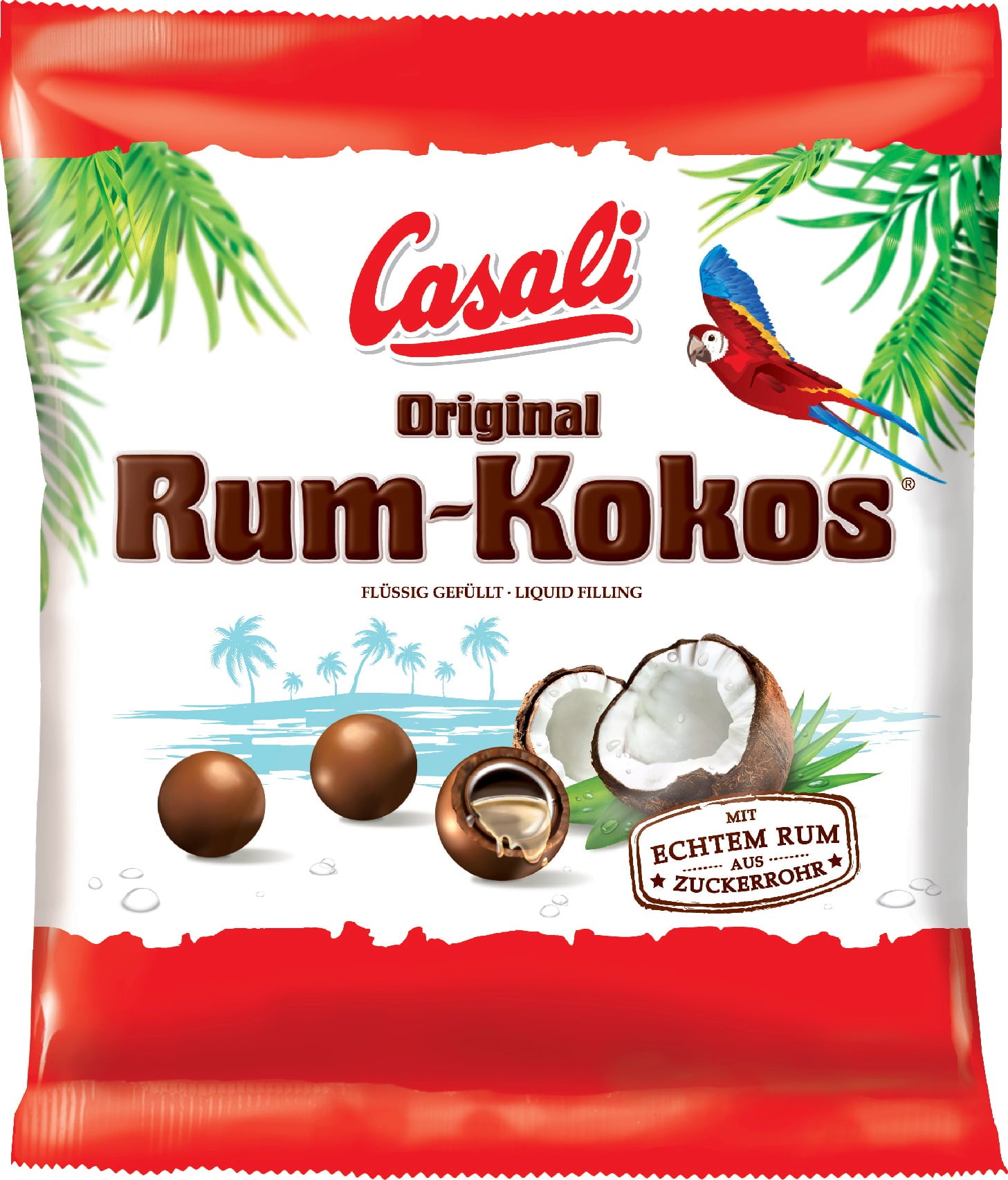Wholesome, Delicious Varieties of Tea!
No other beverage comes in such a huge variety as tea. Besides having top-notch flavours, teas are also good for your health!
Many different types of products can be called teas. These products are often served as an infusion in hot water. Teas are made different parts of plants. Depending on the plant, its leaves, buds, flowers, stems, bark or even roots are used for the tea.
Only drinks that are made with real plants can be considered classic teas. In the 18th century, infusions of herbs and fruits were also referred to as teas in Germany. Other countries have their own names for these infusions.
Let's look at different types of teas in more detail:
Tea
Classic tea was drunk as a luxury item in Asia for a long time. The first teas came to Europe in the 17th century. Previously, only fresh tea leaves were used in making tea, although the leaves spoiled very quickly. Therefore teas began to be produced in a controlled fermentation and drying process to make them more durable.
Tea production is traditionally done in five steps. First, the tea leaves are allowed to wither to become soft. Then they are rolled up to break the leaves and release their essential oils. They are then screened for different levels of quality and are oxidized (or not) and then dried.
Depending on the starting material and procedure, there are four forms of classical tea. These differ in their respective degree of oxidation:
- Green Tea: This tea is not oxidized.
- White tea: No oxidation takes place. Only young shoots can be used for white tea.
- Oolong: Partial oxidation takes place under controlled conditions.
- Black tea: This tea is fully oxidized.
Tea always contains caffeine, some teas even contain up to 5%. This is much more caffeine than is contained in coffee beans. Since tea is infused with more water than coffee, the caffeine content in the final beverage ends up being less than in coffee though.
Aside from caffeine, which some people don't tolerate well, tea has many beneficial effects. It contains many flavonoids and polyphenols, which are potent antioxidants. Regular tea consumption could have a positive effect on the blood vessels and may even reduce the risk of cancer. Green tea has now become a fashionable drink and its healthy effects are well known. Black tea is just as healthy as green tea. The amount of flavonoids is virtually the same in both kinds of tea.
Herbal Tea
Herbal teas have been used for over a thousand years as a remedy for many minor complaints. The history of herbal tea as a luxury product is very brief: about two hundred years.
Nevertheless, these teas offer many advantages. First, they do not contain caffeine, which is great for people who cannot tolerate stimulants. Herbal teas have a number of other ingredients, among them, the essential oils that give the tea its flavour. Herbs are full of essential oils that have many health-promoting effects. There are also a number of vitamins, trace elements, minerals and polyphenols found in teas.
Herbal teas are cultivated mainly in eastern and southern Europe, Germany, China, Egypt and South America. Partially unique ingredients like lime or elderflowers are still collected in the wild.
To prolong your enjoyment of the full flavour of your herbal teas, you should store them in a dry, cool, dark place in an airtight vessel. Otherwise, the teas lose their valuable ingredients over time.
Fruit Tea
Fruit teas come in many flavours, so everyone is sure to find one they like! Some include only one variety of fruit, while some come in blends. Since there are virtually endless mixing possibilities, fruit teas have a flavour spectrum that ranges from fruity and floral to sweet and spicy.
Interestingly, it is still not possible to grow all the fruit used in teas. Rose hips, for example, still have to be handpicked.
In the period after the Second World War, fruit teas became very popular. There were shortages of tea and coffee during this time and many local fruits were used for infusion drinks.
Fruit teas are caffeine-free and have several healthy ingredients. These include essential oils, vitamins, minerals, etc. They should also be stored cool, dry, dark and airtight.
Latest reviews
-
 3.0 (2)
3.0 (2)Holle Organic Happy Sticks - Pumpkin Rosemary, 100 g
- For children 3 years +
- Made with Demeter flours
- Seasoned with sea salt
CHF 2.20 (CHF 22.00 / kg)Not available at the moment
-
 4.9 (7)
4.9 (7)Naturprodukte Fuchs Pumpkin Seed Oil PGI, 1 l
-3%- A culinary specialty
- Unique taste
- Thick & dark green in colour
CHF 22.37 CHF 23.00 (CHF 22.37 / l)Delivery by May 02
-
 4.9 (42)
4.9 (42)Austria Mozartkugeln Chocolate Pralines in a Box, 18 pieces (297 g)
- With marzipan and nougat
- Covered in dark chocolate
- Perfect as a gift
CHF 8.05 (CHF 27.10 / kg)Delivery by May 02
-
 5.0 (24)
5.0 (24)Casali Rum Coconut Chocolates, 1 kg
- With a liquid rum core
- With a lot of crispy milk chocolate
- Like going on a summer holiday
CHF 21.00 (CHF 21.00 / kg)Delivery by May 02
Magazine Articles:
Discover Piccantino:
-
Switzerland: Free standard delivery from CHF 69.90
-
Delivery in 3 business days.
More than 10.800 products
Secure payments
with SSL encryption technology

